Frederic Beigbeder: Russia is no longer a playground for oligarchs and models
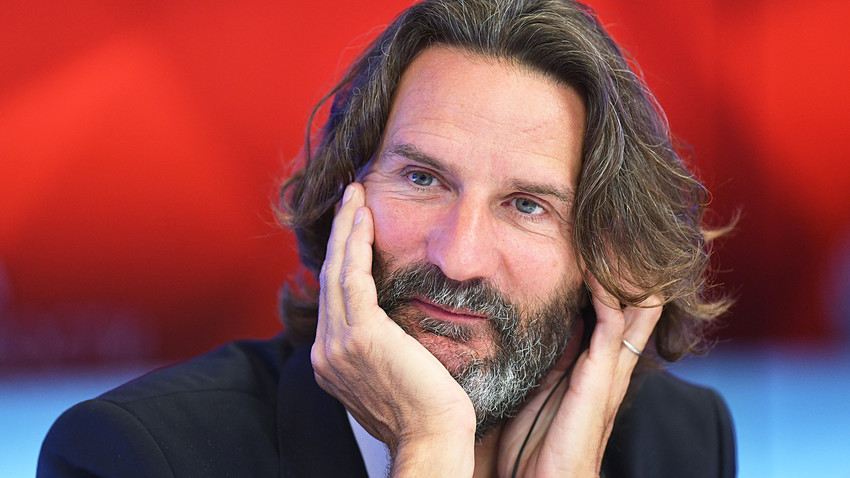
You tend to come to Russia very often, what’s the reason for that: the mentality of the people, beautiful Russian women, your super-active nightlife?
I remember the first time I came to Russia was right after publishing 99 francs, and suddenly there was this huge success and I went to places with people I did not know, and immediately there was no small talk; they were asking me very deep questions. Are you happy? Are you in love? Did your parents love you? This never happened to me in France. In our country, people ask these questions after many years of friendship.
So I asked myself, who are these people, the Russians? When they drink a few shots of vodka they really become very intimate. This is very Russian and I kind of like this, because I don't like to waste time on small talk
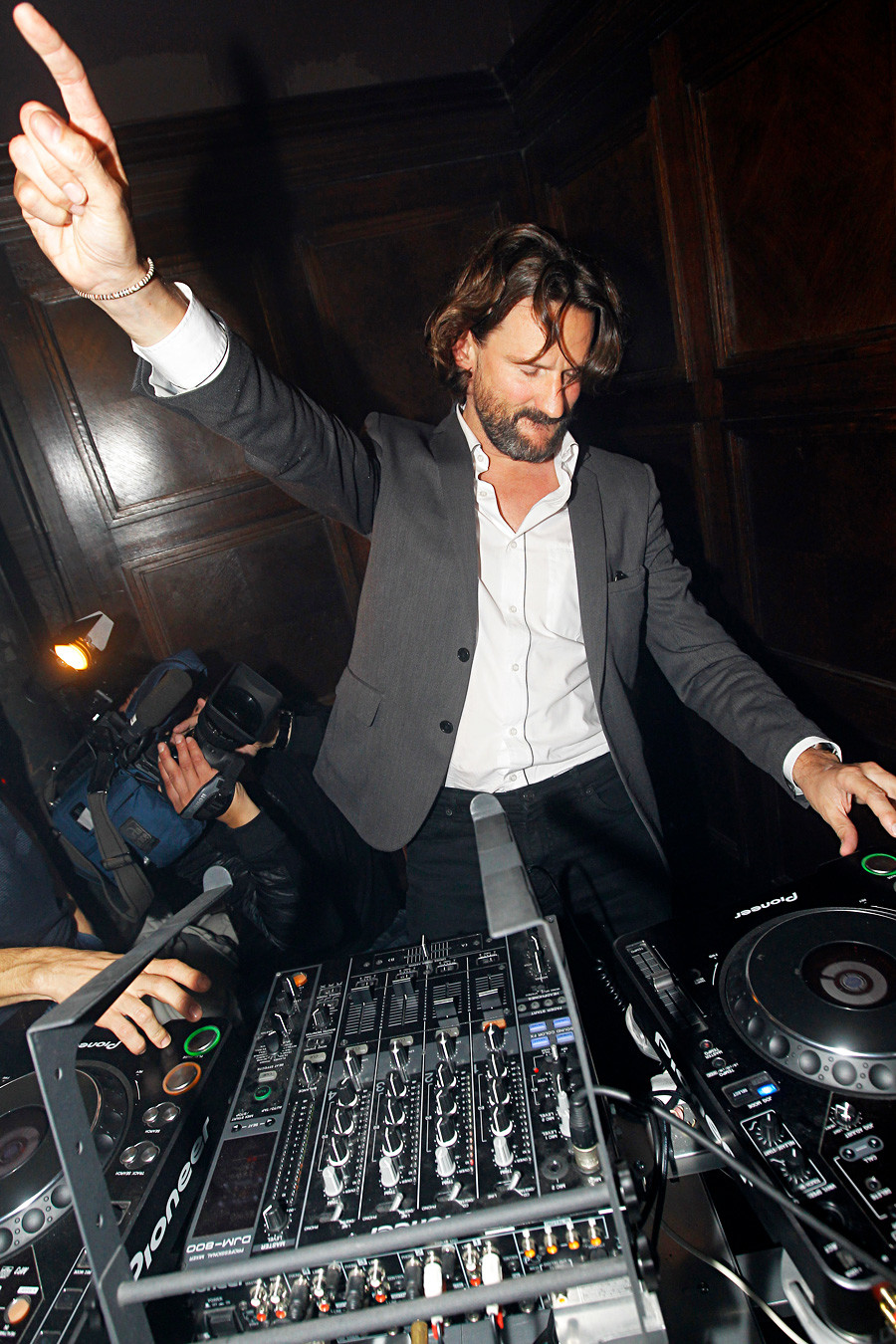
French writer Frederic Beigbeder playing his DJ-set at the Marusya restaurant in Moscow.
Iliya Pitalev/SputnikIf you were to make a list of modern Russian authors to be published in France, who would be on it?
They’re already translated, but I like them a lot: Victor Pelevin, Lyudmila Ulitskaya, Vladimir Sorokin, and Andrei Gelasimov. Their books are already sold [in France]. What I would love is to find new Russian writers!
My big problem with Russia is that I don't speak Russian. I think I could have a Russian
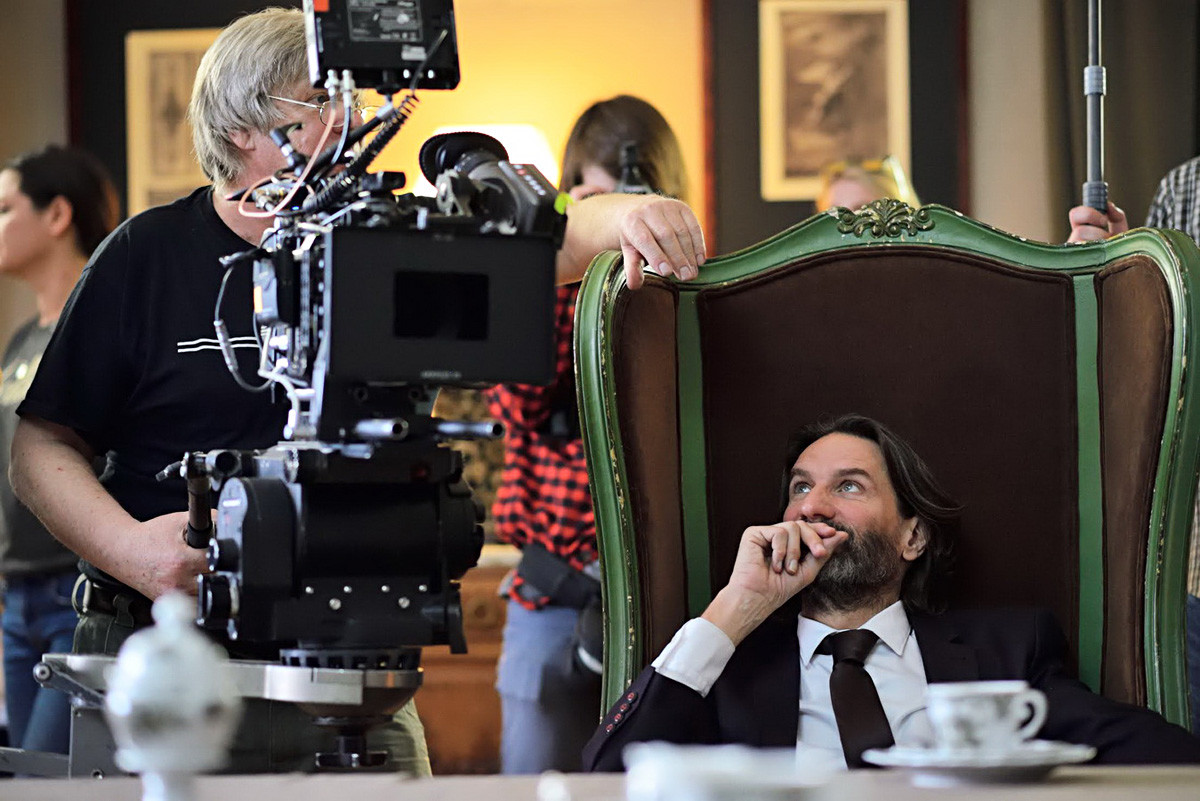
When I arrived here, at the beginning of the 2000s, it was not a cliché; it was really, truly like this! It was like an amusement park for adults in Moscow and St. Petersburg. It was crazy; it's not like this anymore. At that time, the sense of liberation from communism was still present, and it was amazing: you had casinos everywhere, you had huge nightclubs, it was a bit like in Shanghai nowadays. Yes, Shanghai is a bit like Moscow 20 years ago.
Of course, I was amazed by what I've seen; in
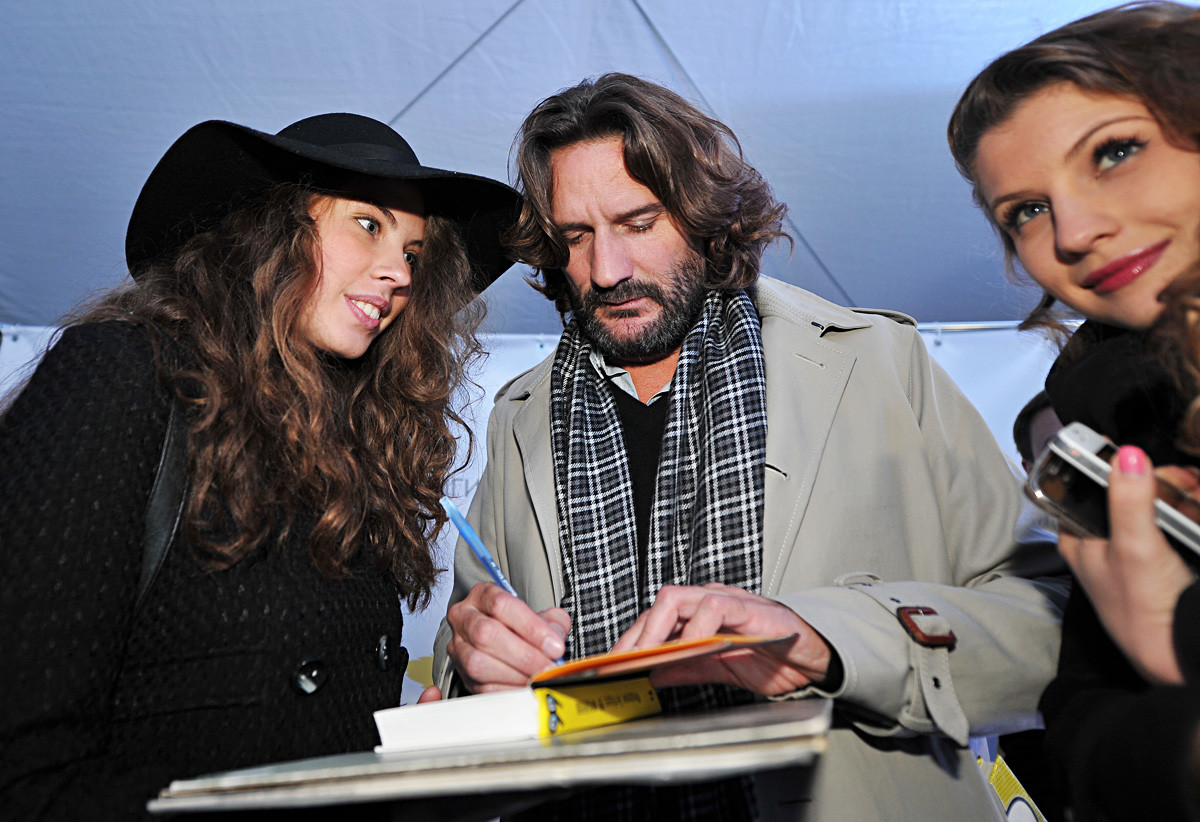
French author Frédéric Beigbeder gives autographs at the BookMarket festival
Sergey Kuznetsov/SputnikIt would break my heart to choose, but you know there is this famous saying: "You have to live in Moscow and die in St. Petersburg"? I'm old, and if I lived in Moscow, it would be bad for my health (due to the active nightlife). So I guess, the beauty of St. Petersburg, its canals, the Hermitage and this palace near St. Petersburg, Petergof - I love this - with the Baltic Sea, it's so beautiful!
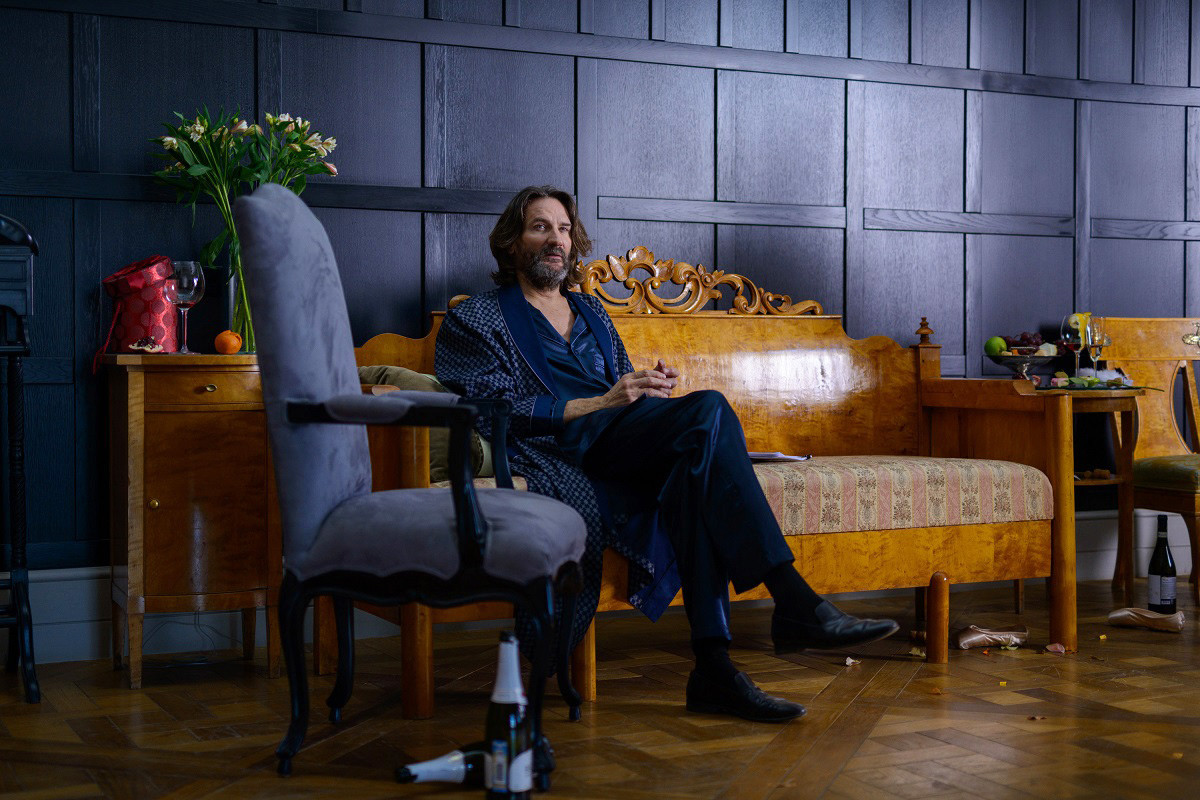
The scene from the "Elephant" movie.
Aleksey Krasovsky/58,5 Production, 2019The Russians have different values that we have probably lost in France. We lost them in 1968, and here, people are more religious, more family attached, there are more traditional values in Russia than in France, Spain or Germany. I don't know if it's better but it's interesting for me to see that! We are
So, you’ve said that 15 years ago Russia was like an endless party of oligarchs and models. How has society changed through the years?
For example, this weekend I was with [famous contemporary Russian writer and journalist] Sergey Minaev in the street. There were huge crowds of people, having drinks in the street, sitting with a glass of wine on the terrace. It did not exist 15 years ago, you never had that, nobody was on the street. People were inside houses, buildings
Sergey told me: "I've never seen Moscow like this, never!" Something good is happening, people are outside now!
If using any of Russia Beyond's content, partly or in full, always provide an active hyperlink to the original material.
Subscribe
to our newsletter!
Get the week's best stories straight to your inbox